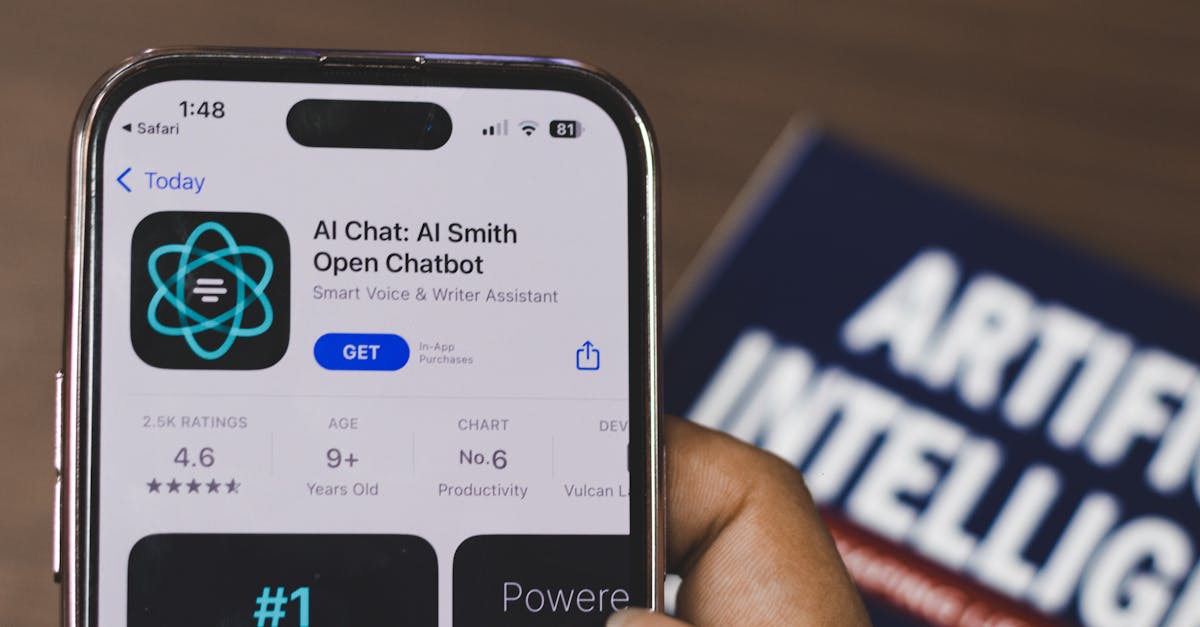The Rise of AI From Chatbots to Self Driving Cars
Introduction
Artificial Intelligence (AI) has become an integral part of our daily lives, making tasks easier and more efficient. From customer service chatbots to autonomous vehicles, AI's reach is extensive and profound. This article explores the various ways AI is seamlessly integrated into everyday activities and its impact on society.
Advertisement
AI in Customer Service
One of the most widespread applications of AI is the use of chatbots in customer service. These bots employ natural language processing to interact with customers, answering queries and resolving issues promptly. This not only enhances customer satisfaction but also allows businesses to operate 24/7 without human intervention.
Advertisement
Smart Personal Assistants
Devices like Amazon's Alexa, Apple's Siri, and Google Assistant have redefined the concept of personal assistance. These smart assistants use AI to understand voice commands, performing tasks such as setting reminders, playing music, and even controlling smart home devices. They offer convenience and efficiency, transforming how users manage daily routines.
Advertisement
AI in Healthcare
AI is revolutionizing healthcare by powering applications that assist in diagnostics and patient care. Machine learning algorithms analyze vast datasets to help in predicting disease outbreaks, diagnosing conditions more accurately, and personalizing treatment plans. AI-driven technologies are enhancing medical precision and patient outcomes.
Advertisement
Autonomous Vehicles
Self-driving cars, a pinnacle of AI innovation, promise to transform transportation. Using AI-powered sensors and cameras, these vehicles interpret their surroundings, making real-time decisions to navigate safely. Companies like Tesla and Waymo lead the charge, aiming to reduce accidents and revolutionize urban mobility.
Advertisement
AI in Education
AI is reshaping education through personalized learning experiences and intelligent tutoring systems. Educational platforms use algorithms to adapt to students' learning paces and styles, providing tailored content that enhances understanding. Additionally, AI tools help educators with grading and analytics, improving educational outcomes.
Advertisement
AI in Retail
Retail sectors use AI to improve customer experiences and optimize operations. AI-driven recommendation systems analyze user behavior to suggest products, enhancing shopping experiences. Moreover, inventory management systems use AI to predict stock levels and demand, reducing waste and increasing efficiency.
Advertisement
AI in the Entertainment Industry
The entertainment industry benefits from AI through content personalization and enhanced production capabilities. Streaming services utilize AI algorithms to recommend shows and movies tailored to individual tastes. Additionally, AI is employed in special effects and animation, pushing creative boundaries in film and gaming.
Advertisement
Challenges and Ethical Concerns
Despite its benefits, AI poses several challenges, including job displacement and privacy concerns. As AI systems become more autonomous, the ethical implications of decision-making, bias, and accountability become critical. Ensuring AI development aligns with human values and societal norms is paramount for sustainable growth.
Advertisement
Conclusion
From virtual assistants to self-driving cars, AI's integration into daily life is undeniable and transformative. While it offers unparalleled efficiency and innovation, addressing its ethical and societal challenges is crucial. Embracing AI responsibly will ensure it continues to enhance our lives positively and constructively.
Advertisement


